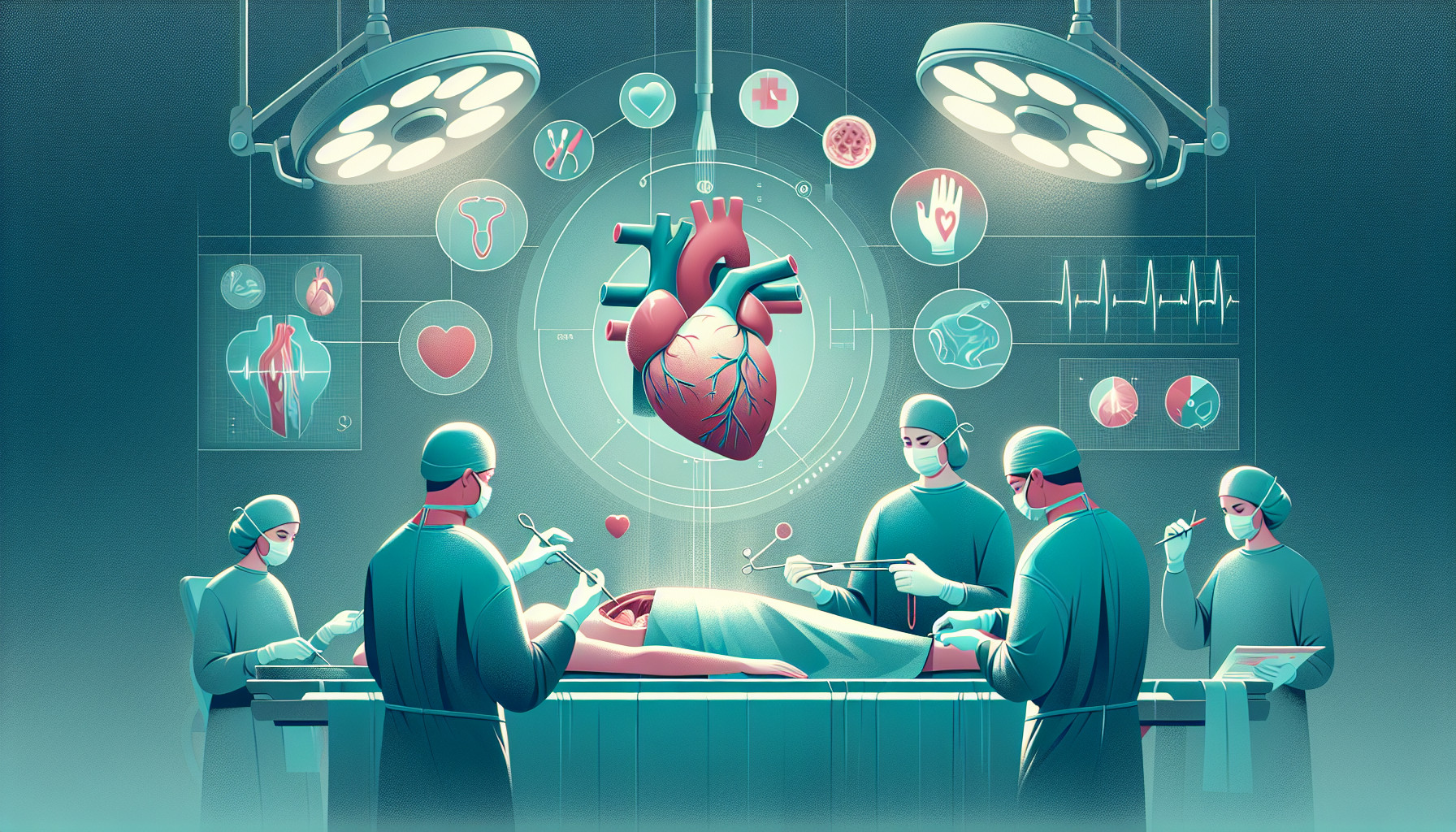Our Summary
Erdheim-Chester disease is a rare illness that mainly affects the bones, but also impacts the heart in 75% of cases, leading to a poor outlook for those affected. Because the disease is so rare, doctors aren’t sure about how it progresses or the best way to treat it. This is why it’s crucial to document and share information on all cases of Erdheim-Chester disease. The research paper discusses a case of a young patient who had heart problems, specifically a hardening of the sac around the heart and a leaky heart valve, as a result of Erdheim-Chester disease.
FAQs
- What is Erdheim-Chester disease and how does it affect the cardiovascular system?
- How does Erdheim-Chester disease lead to constrictive pericarditis and mitral valve regurgitation?
- What is the role of pericardiectomy in the management of Erdheim-Chester disease?
Doctor’s Tip
A doctor might advise a patient undergoing pericardiectomy for Erdheim-Chester disease to follow post-operative care instructions carefully, including taking prescribed medications, attending follow-up appointments, and avoiding strenuous activities until cleared by their healthcare provider. It is important for the patient to communicate any concerning symptoms or changes in their condition to their doctor promptly.
Suitable For
Patients with constrictive pericarditis and mitral valve regurgitation resulting from Erdheim-Chester disease are typically recommended for pericardiectomy. This procedure may help alleviate symptoms and improve outcomes in these patients. It is important for healthcare providers to be aware of this rare manifestation of Erdheim-Chester disease and consider pericardiectomy as a treatment option for affected patients.
Timeline
Before pericardiectomy:
- Patient may present with symptoms such as chest pain, shortness of breath, fatigue, and fluid retention due to constrictive pericarditis and mitral valve regurgitation.
- Diagnostic tests such as echocardiogram, MRI, and biopsy may be performed to confirm the diagnosis of Erdheim-Chester disease.
- Patient may undergo medical management with medications such as diuretics and anti-inflammatory drugs to alleviate symptoms and improve heart function.
After pericardiectomy:
- Pericardiectomy surgery is performed to remove the thickened and constricted pericardium, relieving pressure on the heart and improving cardiac function.
- Patient may experience a period of recovery in the hospital, including monitoring for any complications such as infection or bleeding.
- Symptoms such as chest pain and shortness of breath may improve post-surgery, leading to a better quality of life for the patient.
- Long-term follow-up and monitoring may be necessary to ensure the disease does not progress or recur, and to address any potential complications related to Erdheim-Chester disease.
What to Ask Your Doctor
- What is the purpose of a pericardiectomy in treating my condition?
- What are the potential risks and complications associated with a pericardiectomy?
- What is the expected recovery time after a pericardiectomy?
- Will I need any additional treatments or medications following the surgery?
- How will a pericardiectomy affect my overall prognosis and quality of life?
- Are there any alternative treatment options to consider instead of a pericardiectomy?
- How many pericardiectomy procedures have you performed, and what is your success rate?
- What follow-up care or monitoring will be necessary after the surgery?
- Are there any lifestyle changes or restrictions I should be aware of after a pericardiectomy?
- Can you provide me with any resources or support groups for patients with similar conditions?
Reference
Authors: Perez NL, Steenberghe MV, Seebach JD, Meyer P, Lobrinus JA, Huber C, Cikirikcioglu M. Journal: Tex Heart Inst J. 2024 Feb 7;51(1):e238201. doi: 10.14503/THIJ-23-8201. PMID: 38321789
